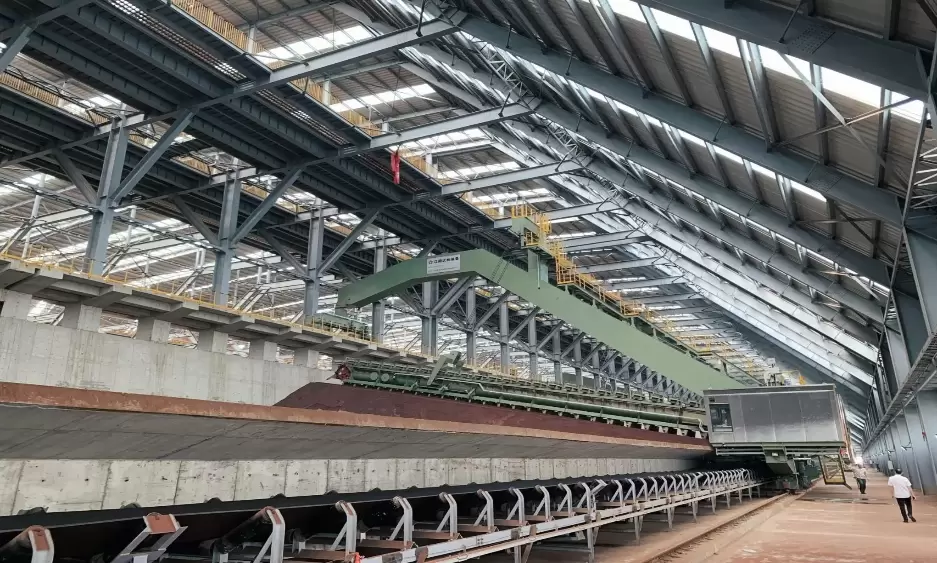When it comes to household appliances, dishwashers are often taken for granted until they malfunction. Understanding the average lifespan of a dishwasher is crucial for homeowners who want to maximize their investment and ensure their kitchen runs smoothly. In this article, we will delve into the factors that influence the longevity of dishwashers, common signs of wear and tear, and maintenance tips to extend their life.
The Average Lifespan of a Dishwasher
On average, a dishwasher can last between 9 to 12 years, depending on various factors such as brand, usage, and maintenance. High-end models may even exceed this range, while budget options might fall short. It’s essential to recognize that this average lifespan is not a guarantee; rather, it serves as a benchmark for what homeowners can typically expect.
Factors Influencing Dishwasher Longevity
- Quality of the Appliance: The brand and model of the dishwasher play a significant role in its lifespan. Premium brands often use higher-quality materials and advanced technology, which can lead to a longer operational life. Researching consumer reviews and reliability ratings can help you choose a model that stands the test of time.
- Frequency of Use: The more frequently a dishwasher is used, the more wear and tear it will experience. Households that run their dishwashers daily may find that their appliances wear out more quickly than those that use them only a few times a week.
- Water Quality: Hard water can lead to mineral buildup in the dishwasher, affecting its performance and longevity. If you live in an area with hard water, consider using a water softener or regularly cleaning the dishwasher to prevent scale buildup.
- Maintenance Practices: Regular maintenance is key to prolonging the life of your dishwasher. This includes cleaning the filter, checking for clogs, and inspecting the spray arms for blockages. Neglecting these tasks can lead to decreased efficiency and a shorter lifespan.
Signs Your Dishwasher May Need Replacement
Recognizing the signs that your dishwasher may be nearing the end of its life can save you from unexpected breakdowns. Here are some common indicators:
- Persistent Leaks: If you notice water pooling around the base of the dishwasher, it could indicate a serious issue. While some leaks can be repaired, persistent leaks may signal that it’s time for a replacement.
- Inconsistent Cleaning: If your dishes are consistently coming out dirty, even after a full cycle, it may be a sign that the dishwasher is losing its cleaning power. This could be due to worn-out components or a failing motor.
- Unusual Noises: Strange sounds during operation, such as grinding or rattling, can indicate mechanical issues. If these noises persist, it may be more cost-effective to replace the unit rather than repair it.
- Age of the Appliance: If your dishwasher is over 10 years old and experiencing issues, it may be time to consider a replacement. Newer models are often more energy-efficient and come with advanced features that can enhance your kitchen experience.
Maintenance Tips to Extend Your Dishwasher’s Life
To ensure your dishwasher lasts as long as possible, consider implementing the following maintenance practices:
- Regular Cleaning: Clean the filter and spray arms regularly to prevent clogs. A simple rinse under warm water can remove food particles and debris.
- Run Hot Water Before Starting: Running hot water in your sink before starting the dishwasher can help ensure that the appliance begins its cycle with hot water, improving cleaning efficiency.
- Use the Right Detergent: Always use a detergent that is compatible with your dishwasher. Avoid using too much detergent, as this can lead to residue buildup.
- Check Hoses and Connections: Periodically inspect the hoses and connections for signs of wear or leaks. Replacing worn hoses can prevent larger issues down the line.
- Schedule Professional Maintenance: Consider having a professional technician inspect your dishwasher every few years. They can identify potential issues before they become significant problems.
Conclusion
Understanding the average lifespan of a dishwasher and the factors that influence it can empower homeowners to make informed decisions about their appliances. By recognizing the signs of wear and tear and implementing regular maintenance practices, you can extend the life of your dishwasher and ensure it continues to perform efficiently. Investing in a quality appliance and taking care of it will not only save you money in the long run but also enhance your overall kitchen experience.

